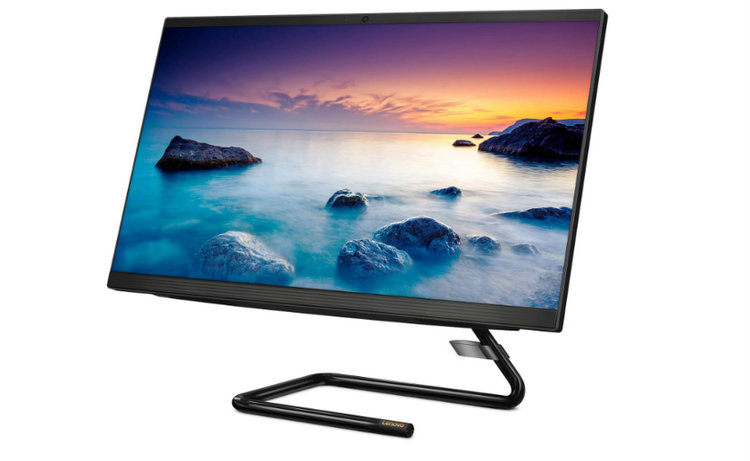The US Federal Communications Commission has approved Elon Musk’s SpaceX to utilize its Starlink satellite internet network with moving vehicles to expand broadband offerings to commercial aeroplanes, cargo vessels, and trucks. SpaceX’s Starlink satellite system will soon be available to a wide range of consumers.
SpaceX requested approval from the FCC early last year to use Earth Stations in Motion (ESIM) Starlink terminals in vehicles in motion. The company has launched approximately 2,700 Starlink satellites into low-Earth orbit since 2019. With a rapidly expanding constellation of internet-beaming satellites in space, it has amassed hundreds of thousands of members.
SpaceX gets FCC green light
Customers must purchase a ground-based antenna or user terminal in order to connect to the Starlink satellites orbiting the Earth. Previously, these dishes had to be fixed in one area to access the system.
“Authorizing a new class of terminals for SpaceX’s satellite system will expand the range of broadband capabilities to meet the growing user demands that now require connectivity while on the move,” the FCC said in its authorization published Thursday, echoing plans outlined in SpaceX’s request for the approval early last year.
California-based space business ‘Hawthorne’ has focused significantly in recent years on recruiting airlines around Starlink for in-flight WiFi, having secured its first such partnerships in recent months with Hawaiian Airlines and semi-private aircraft service JSX.
Jonathan Hofeller, Starlink’s commercial sales chief, stated earlier this month at an aviation conference, “We’re going to be on planes here very soon, so hopefully passengers are thrilled by the experience.”
SpaceX has been testing aircraft-tailored Starlink terminals on Gulfstream jets and US military aircraft under an experimental FCC license.
Elon Musk, CEO of SpaceX, has previously stated that he does not see “connecting Tesla cars to Starlink, as our terminal is much too large.”
SpaceX is facing stiff competition in the low-Earth orbiting satellite internet sector from satellite operator OneWeb and Jeff Bezos’ Kuiper project.

